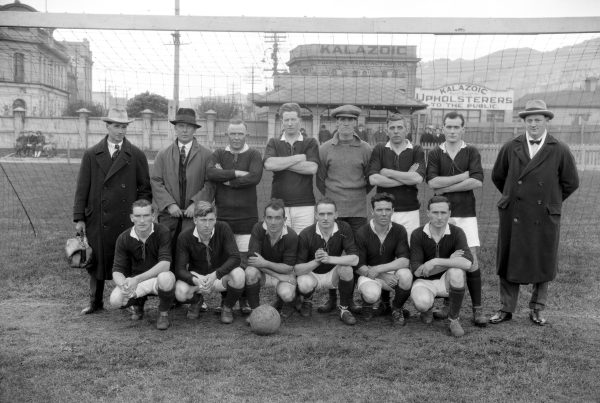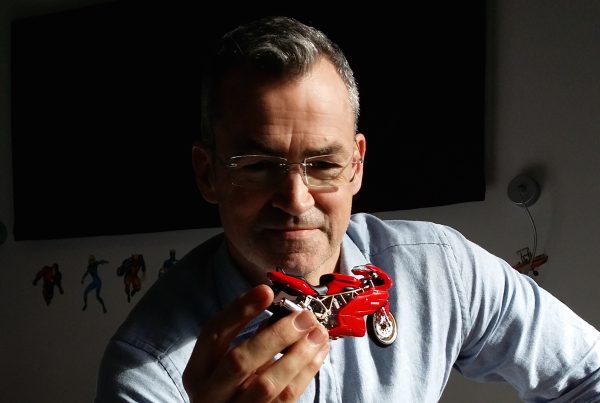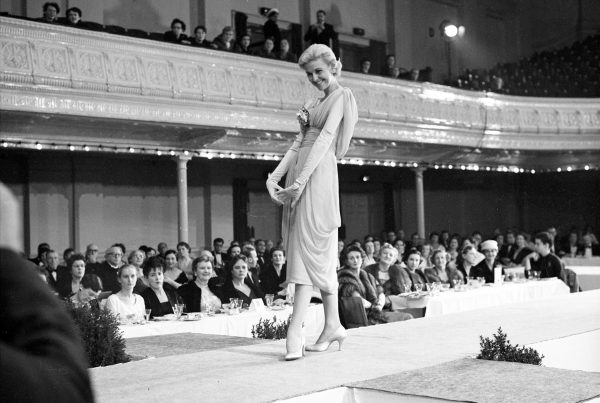Rivalries, on the whole, are a bit of fun.
Sibling rivalries, trans-Tasman rivalries, gleefully venomous but probably made-up rivalries on reality shows. It’s all just a harmless, somewhat passive-aggressive gag.
However, there’s one rivalry in particular that really riles me, and that’s the rivalry — or pretend rivalry — between Wellington and Auckland. I lived in Auckland for four years, which is long enough to know that the only benefits are the cheap Asian stores, dumpling houses that deliver on taste but also on E. coli, and the chance to see lots of Shortland Street stars at the supermarket. And that’s only if you like Shortland Street. Recently, the argument has been reignited thanks to some Capital-lettered Numbers, and the sports they represent.
The Wellington Sevens has been going for 15 years. In an area of the city largely populated by mild-mannered grey trench coats going about their business, it’s a loud, obnoxious splash of outrageousness that happens for just two days a year so that everyone can talk about it until it’s February again.
The Auckland Nines has a proud two-year history of copying the Sevens, and yet it’s the Nines that get the glory. This year the headlines abounded: “Wellington Sevens needs to learn from Nines”, “Nines to outrival capital’s Sevens” and other such bollocks. Before either event had even begun, there were comparisons of ticket sales, comparisons of the expected behaviour on show.
When Nines weekend finally did roll around, what no one managed to compare was the fact that a significant chunk of the Auckland crowd looked about as excited to be there as they would if they were stuck on the motorway while suffering the effects of an aforementioned E. coli dumpling. Don’t even get me started on the costumes, which ranged in creativity from sexy bunny to sexy policewoman and everything in between (sexy crayon… that’s about it).
Then came Sevens weekend and Twitter was on fire: jokes about the sea of yellow seats, rumours of this year being the final hurrah. But what I noticed was that none of the detractors was there; they were observing from afar, tapping out headlines in front of the TV screen.
Had they been there, they would have noticed something, and that something is that nobody cared about who was there and who wasn’t. I went for work on the first day and fun on the second, and both were incredible. I asked people if they cared about rumours that Sevens was dying, that it wasn’t as good if you weren’t sharing it with so many people you had to trade your car for a hotdog or get organ damage from the free loo stampede.
Largely they said no, and those who did care said they had heard about the comparisons through the media and felt they were missing out. I’m all for a bit of healthy competition, but once it starts giving people the wrong idea, it’s not quite as harmless as a bit of vicious side-eye on The Bachelor.





